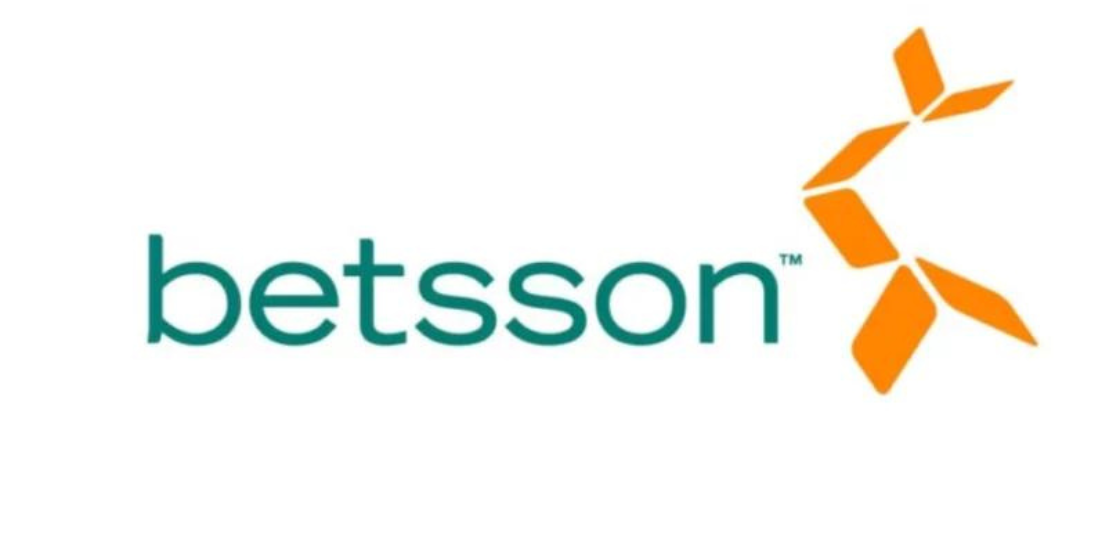Betsson Adapts to Regulatory Waves by Shifting Brands to Rizk Nordic
In an agile response to Finland’s regulatory tightening, Betsson has strategically transitioned its brand operations to Rizk Nordic Limited, a Malta Gaming Authority (MGA)-licensed entity.

This move comes on the heels of the Finland National Police Board’s (NPB) decision to include Betsson’s subsidiary, BML Group Ltd, in its payment blocking list, thereby compelling Betsson to navigate these regulatory waters with a decisive strategic pivot.
Betsson’s Proactive Shift Amid Regulatory Challenges
Effective immediately, Betsson’s gaming services aimed at the European Union market, with the exceptions of Sweden and Ireland, will be operated under the auspices of Rizk Nordic Limited. This transition is evident on Betsson’s official website and signifies a significant shift in the company’s licensing structure. Legal analysts view this as a deliberate maneuver to sidestep the regulatory hurdles posed by Finland’s stringent gambling laws.
Previously, Betsson’s operations were licensed under BML Group. However, the switch to Rizk Nordic Limited is a calculated response to Finland’s payment blocking directive issued on February 29. According to this mandate, financial institutions, payment service providers, and cryptocurrency platforms are required to halt all transactions from Finland to gambling operators on the blacklist, which includes Betsson among 14 other brands.
The intricacies of Finland’s blocking legislation focus on the holding licensee rather than the individual brands. This offers a loophole for operators to potentially skirt payment restrictions. Betsson’s appeal to Finland’s Supreme Court is a clear indication of its resolve to challenge the NPB’s allegations.
Ensuring Compliance Amid Scrutiny
Betsson representatives assert the company’s adherence to regulatory mandates, dismissing claims of targeting the Finnish market. The complexity of Finland’s gambling regulations has led experts to ponder the implications for Betsson’s future licensing endeavors within the country.
Finnish market specialist, Antti Koivula, shared insights on X (formerly Twitter) about the broader ramifications of Betsson’s strategic choices. He suggests that the ongoing dispute might impact Betsson’s licensing eligibility when Finland adopts a new gambling regulatory framework by 2026. The regulatory compliance track record in other jurisdictions, like the Netherlands, has been shown to influence future licensing outcomes significantly.
In anticipation of Finland’s shift from a gambling monopoly to a partial multi-license system by 2026, Veikkaus, the Finnish state-owned gambling operator, announced major restructuring efforts in November, including workforce reductions and operational modifications.
Koivula also pointed out the criminal implications for illegal gambling marketing under Finland’s Criminal Code, hinting at potential legal consequences for individuals engaged in non-compliant activities within gambling entities.
Our Comment on the Article
As Betsson maneuvers through this regulatory maze, its strategic decisions are crucial not only for its immediate operations but also for its long-term position in the global gambling regulatory landscape. The company’s proactive approach in adapting to regulatory changes exemplifies the dynamic nature of the gambling industry, where operators must remain vigilant and flexible to maintain compliance and competitiveness.
Betsson’s current challenges and strategic responses offer valuable insights into the complexities of navigating international gambling regulations and underscore the importance of adaptability in ensuring business continuity amidst evolving legal frameworks.
